November 12, 2015
English regions outside the Capital lead construction growth 0
 The construction industry has returned to growth after six months of contraction, according to figures released by industry analysts Glenigan. Its latest Index also found that the value of projects starting on site are higher than a year earlier for the first time since March, fueled by growth across the industry; with housing, civil engineering and non-residential building sectors all up on a year earlier. Non-residential starts as a whole were up 4 percent on a year earlier, as growth in private sector activity offset continued weakness across the public sector. Industrial, office, retail and hotel and leisure starts all registered growth. Although UK construction has moved back into growth, it is the English regions outside of the Capital which are seeing most activity. London, Wales and Scotland last saw growth in March this year and South West England hasn’t recorded a rise in starts since May 2014.
The construction industry has returned to growth after six months of contraction, according to figures released by industry analysts Glenigan. Its latest Index also found that the value of projects starting on site are higher than a year earlier for the first time since March, fueled by growth across the industry; with housing, civil engineering and non-residential building sectors all up on a year earlier. Non-residential starts as a whole were up 4 percent on a year earlier, as growth in private sector activity offset continued weakness across the public sector. Industrial, office, retail and hotel and leisure starts all registered growth. Although UK construction has moved back into growth, it is the English regions outside of the Capital which are seeing most activity. London, Wales and Scotland last saw growth in March this year and South West England hasn’t recorded a rise in starts since May 2014.








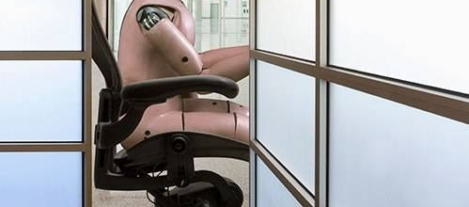
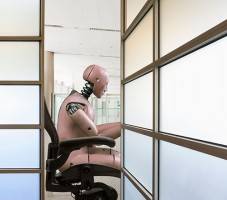

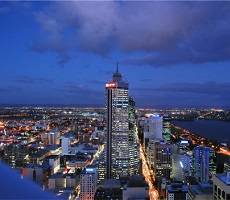


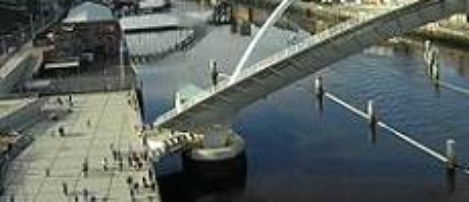



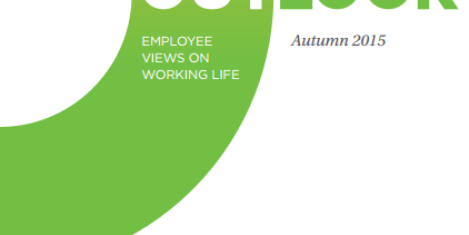
















November 12, 2015
The three workplace professions need to face up to a new reality 0
by Mark Eltringham • Comment, Facilities management, Technology, Workplace
More →